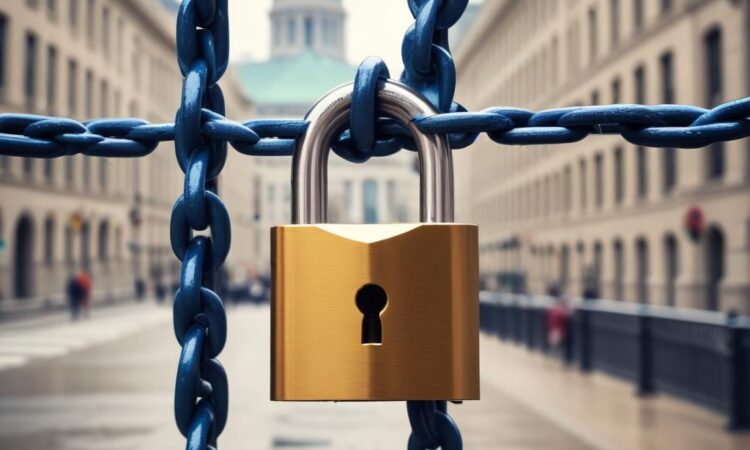Signal: Super Secure, or Just Super Unusual for National Security?
Okay, so you’ve heard about Signal. It’s the messaging app everyone’s buzzing about, the one Edward Snowden uses, the one supposedly untouchable by even the most powerful governments. But is it *really* that secure? And more importantly, is it appropriate for, say, discussing top-secret national security stuff? Experts are saying a resounding “Nope.”
Let’s break it down. Signal’s claim to fame is end-to-end encryption. Think of it like this: your message is locked in a box, only you and the recipient have the key. No one – not Signal, not your internet provider, not even governments with fancy spying tools – can unlock that box and read your message. Sounds pretty darn good, right?
And it mostly is. Signal uses a robust encryption protocol called the Signal Protocol, which is open-source, meaning anyone can scrutinize the code. This transparency is a big plus for security; lots of eyes on the code generally means fewer hidden vulnerabilities. Plus, Signal’s developers have a strong reputation for prioritizing privacy and security.
But here’s the rub: even the most secure technology isn’t foolproof. While intercepting encrypted messages is incredibly difficult, it’s not impossible. There are always potential vulnerabilities that could be exploited, whether through zero-day exploits (previously unknown security flaws) or through other, more sneaky means. Think sophisticated social engineering attacks, compromising a device to get the keys, or even old-fashioned espionage.
So, Signal is secure…ish. It’s significantly more secure than many other messaging apps. But “secure” is a spectrum, not a binary switch. The level of security needed for casual chats with friends is vastly different from the level of security required for discussing, say, the deployment of nuclear weapons. In the latter case, even a tiny crack in the armor could have catastrophic consequences.
That’s where the experts’ concerns come in. Using Signal for national security communications is, in their view, extremely unusual and potentially risky. It’s not just about the technical vulnerabilities; it’s also about the human element. Even with end-to-end encryption, there are other ways information could be leaked. Think about compromised devices, insider threats, or even simple human error – like accidentally sending a message to the wrong person.
Think about it: national security often involves complex interactions with multiple parties, many of whom might not be using Signal, necessitating the transfer of information to less secure platforms. This creates a potential weak point in the communication chain. Furthermore, governmental bodies often use systems with robust authentication and access controls that integrate with other security measures – something Signal doesn’t automatically provide.
The argument isn’t that Signal is inherently insecure. It’s that the risks associated with using it for highly sensitive information, particularly on a large scale, are simply too high to justify. For casual conversations, sharing photos with family, or coordinating a friend’s birthday party, Signal is fantastic. It’s private, secure, and relatively easy to use. But for national security matters, the bar is – and should be – significantly higher.
So, what’s the takeaway? Signal is a great messaging app, a champion of privacy in a world increasingly concerned with surveillance. But even its robust encryption isn’t a magic bullet. Choosing the right communication tool depends heavily on the context. For casual use, Signal is a solid choice. For national security? Let’s just say there are probably better options out there, ones built with a much higher threshold of security and oversight in mind.
The debate around Signal’s suitability for various levels of security highlights the crucial need for understanding the limitations of even the most advanced technology. It underlines that security is a multifaceted issue, encompassing not just the technology itself but also human factors, operational procedures and the overall context of communication.
Ultimately, choosing a messaging app should be an informed decision, taking into consideration the sensitivity of the information being shared and the level of security required. While Signal is a strong contender in many scenarios, it’s not a one-size-fits-all solution, particularly when national security is on the line.

